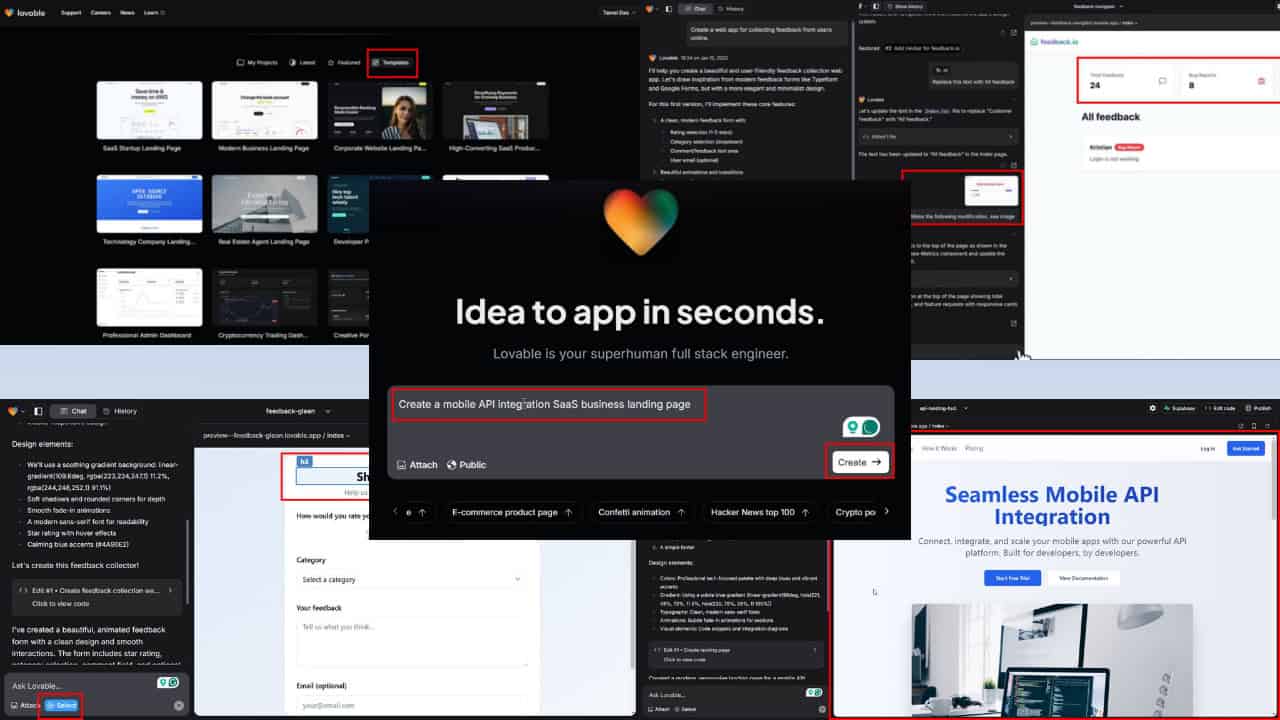Microsoft's Big Data proves poor sleep impacts performance
3 min. read
Published on
Read our disclosure page to find out how can you help MSPoweruser sustain the editorial team Read more


Microsoft has a large panel of users who have agreed that the company can keep a close eye on the minutia of their lives, and the have recently released another bit of wisdom gleaned from the data – that to be in tip top shape the next day it is really best to have a good nights sleep the night before.
“When you don’t sleep well, it affects your cognitive performance, which means your work performance and lots of other things,” said Tim Althoff, who led the research during a summer 2016 internship with Microsoft’s research organisation in Redmond, Washington.
The researchers mined data from 75 million keystrokes and clicks on Microsoft’s Bing search engine made by more than 30,000 consenting individuals wearing a Microsoft Band that records bodily activity including sleep.
The study also shows that staying up an extra hour, even if followed by a full night’s sleep, is correlated with slower performance the next day. Going to bed an hour earlier than normal, however, has a negligible effect.
“There is something not only about the duration of sleep, but also the timing,” said Althoff,
Microsoft also had access to the calendar data from study users and report a busy day can have impact on your sleep that night, and not for the better.
“We can tell you things like if you have a packed day, you tend to sleep less well the night after,” said Ryen White, chief technology officer for health intelligence at Microsoft Health in Redmond.
These findings are shared with users who opt in to the service.
Microsoft could also detect a clear circadian rhythm to performance in users, with users searching faster in the morning that afternoon, and worse if they work when they should be sleeping.
Keystroke timing varies throughout the day. The fastest keystrokes occur a few hours after waking and the slowest occur during habitual sleep times. The shape of the curve is consistent with findings from controlled, lab-scale studies that show how cognitive performance varies throughout the day.
Across the board, keystroke and click speeds were slowest – by up to 31 percent – at 4 o’clock in the morning, an hour that previous research has shown that “your body thinks it should be sleeping,” said Althoff, who is pursuing a PhD in computer science at Stanford University.
“Even small differences in the amount of time it would take you to click on the result are indicative of how rapidly you are processing that information,” he said. “The idea is people have slower processing speeds as they get more tired.”
When Microsoft first released the Microsoft Band they promised to deliver these kinds of insights to all users, but with the product now seemingly discontinued it seems these conclusions will remain in the academic realm.
The research will be presented at the World Wide Web Conference, 2017, which runs April 3-7 in Perth, Australia.










User forum
0 messages